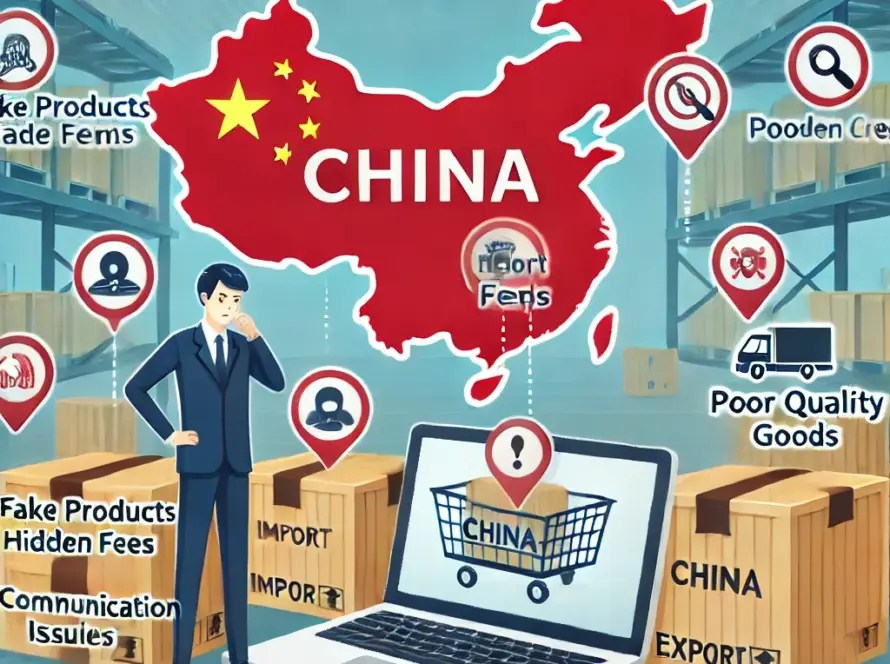In the global market, businesses often need to procure products from other countries to meet their operational needs or to resell. When it comes to facilitating these transactions, two types of entities commonly come into play: sourcing companies and trading companies. While both serve as intermediaries in the procurement process, their roles, services, and business models differ significantly. Understanding these differences can help businesses make informed decisions about which type of company to engage with.
- Sourcing Companies
1. Role and ServicesSourcing companies act as an extension of your procurement department. Their primary role is to find and vet suppliers that can meet your specific requirements. They are involved in the entire procurement process, from identifying potential suppliers and negotiating prices to overseeing production and ensuring quality control.2. Local ExpertiseSourcing companies often have deep local knowledge and networks. They understand the local market dynamics, regulations, and cultural nuances, which can be crucial for successful procurement, especially in regions like China where business practices can be very different from those in the West.3. Customization and FlexibilitySourcing companies typically offer tailored solutions based on the specific needs of their clients. They can assist in customizing products, managing small orders, and handling special requirements such as unique packaging or branding.4. Quality AssuranceA key service provided by sourcing companies is quality control. They conduct factory audits, perform product inspections, and ensure that the products meet the specified quality standards before shipment. This reduces the risk of receiving subpar or defective products.5. Cost EfficiencyBy negotiating directly with manufacturers and leveraging their local presence, sourcing companies can often secure better prices and terms. They help clients save on both product costs and logistics by optimizing the supply chain.6. Sustainable SourcingMany sourcing companies now emphasize sustainable sourcing practices. This includes ensuring that suppliers adhere to environmental regulations, use sustainable materials, and employ fair labor practices. This not only helps protect the environment but also enhances the brand’s reputation by aligning with the growing consumer demand for sustainability.Trading Companies
1. Role and ServicesTrading companies, also known as trade intermediaries or import/export companies, buy products in bulk from manufacturers and resell them to other businesses. They take ownership of the goods and sell them at a markup, operating similarly to wholesalers.2. Inventory ManagementUnlike sourcing companies, trading companies maintain their own inventory. They purchase large quantities of products and store them until they are sold. This allows for quicker order fulfillment since the products are readily available.3. Limited CustomizationBecause trading companies deal in pre-manufactured goods, there is less flexibility in customizing products. They typically offer standard products that are available in their inventory, which might not always meet the specific requirements of buyers.4. Quality and AssuranceQuality assurance with trading companies can be less rigorous compared to sourcing companies. Since they buy products in bulk, they may not conduct thorough inspections or audits on every batch. This can sometimes result in inconsistent product quality.5. Price MarkupTrading companies add a markup to the products they sell, which can make them more expensive compared to sourcing directly from manufacturers through a sourcing company. However, this markup covers the costs of inventory management and the convenience of immediate availability.Choosing Between Sourcing Companies and Trading Companies
The decision to work with a sourcing company or a trading company depends on your business needs:Customization and Quality ControlIf your business requires customized products, strict quality control, and direct manufacturer engagement, a sourcing company is the better choice. They provide end-to-end procurement services and ensure that products meet your exact specifications.Speed and ConvenienceIf you need products quickly and prefer the convenience of buying from available inventory, a trading company may be more suitable. They offer ready-to-ship products, which can be beneficial for businesses with immediate or recurring needs.Cost ConsiderationsFor businesses looking to minimize costs, sourcing companies can be more cost-effective in the long run due to their direct relationships with manufacturers and ability to negotiate favorable terms. However, trading companies can offer competitive pricing for bulk purchases with quicker turnaround times.SustainabilityIf your business values sustainable practices, a sourcing company with a focus on sustainability might be more aligned with your goals. They ensure that suppliers follow ethical and environmental standards, contributing to a more sustainable supply chain.Conclusion
Understanding the key differences between sourcing companies and trading companies can help you choose the right partner for your procurement needs. Each type of company offers distinct advantages, and the best choice depends on your specific requirements, priorities, and business strategy.



Praesent finibus congue euismod
Aenean et egestas nulla. Pellentesque habitant morbi tristique senectus et netus et malesuada fames ac turpis egestas. Fusce gravida, ligula non molestie tristique, justo elit blandit risus, blandit maximus augue magna accumsan ante. Duis id mi tristique, pulvinar neque at, lobortis tortor.
Etiam vitae leo et diam pellentesque porta. Sed eleifend ultricies risus, vel rutrum erat commodo ut. Praesent finibus congue euismod. Nullam scelerisque massa vel augue placerat, a tempor sem egestas. Curabitur placerat finibus lacus.





1 Comment
Ashton Porter
Nullam scelerisque massa vel augue placerat, a tempor sem egestas. Curabitur placerat finibus lacus.